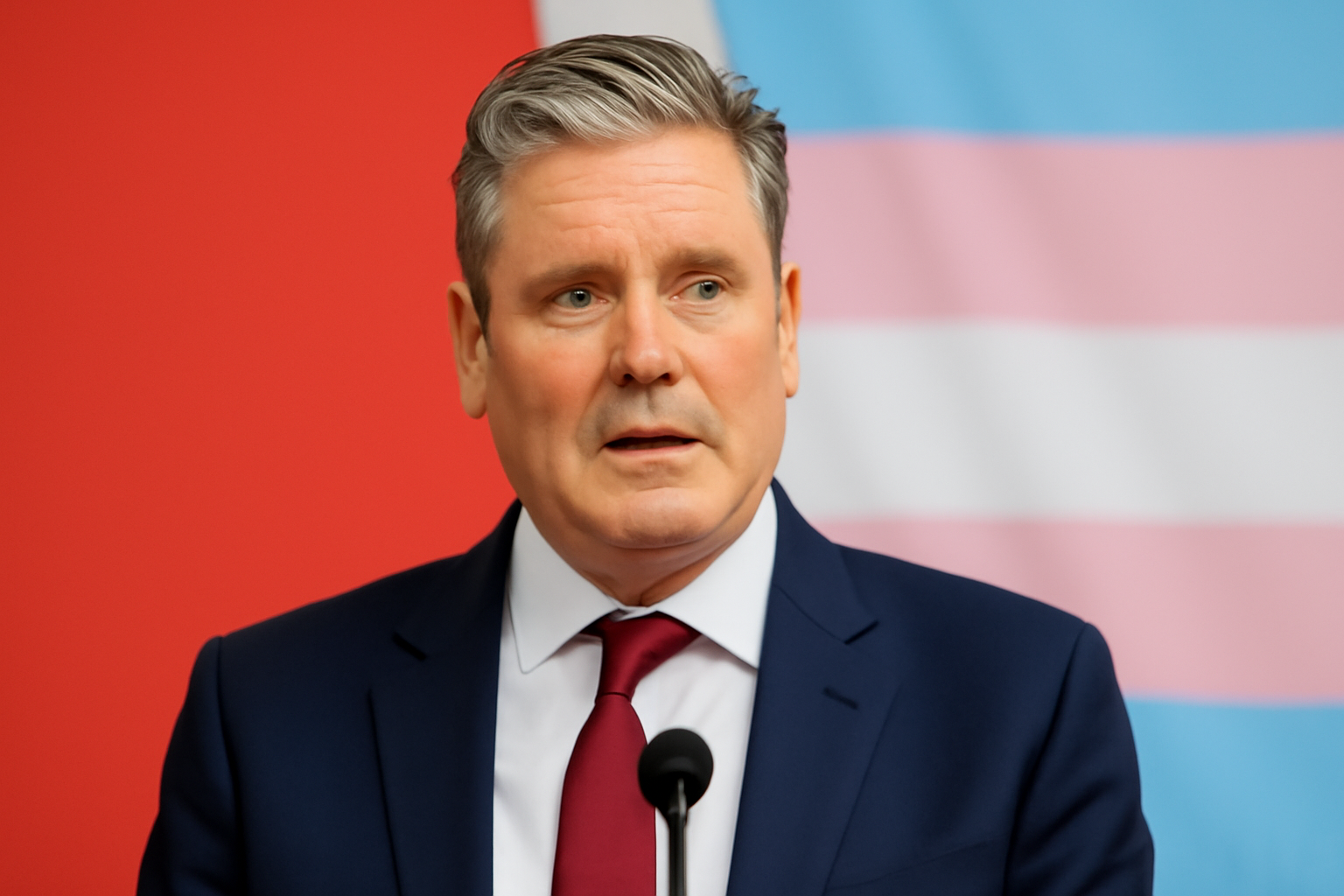
The UK Labour Party has reportedly reversed its stance on a key manifesto promise concerning transgender rights, specifically the process for legally changing one's gender. This move marks a significant shift from their earlier commitment to reform and modernize the Gender Recognition Act (GRA). The original manifesto, which contributed to Labour's considerable success in the previous general election, included pledges to simplify the process and eliminate existing hurdles for transgender individuals seeking a Gender Recognition Certificate (GRC).
Background: Current Gender Recognition Process
To acquire a GRC in the UK, transgender individuals currently face a stringent set of requirements. They must be at least 18 years old and provide comprehensive medical documentation, including diagnoses and treatment histories, substantiated by reports from two healthcare professionals. Furthermore, applicants must demonstrate that they have lived in their affirmed gender for at least two years, supported by various documents, such as those reflecting gender markers and titles.
The Labour manifesto had initially proposed reforms to "remove indignities" from this process. While retaining the necessity for a medical diagnosis of gender dysphoria, the party aimed to streamline the pathway to gender recognition, thereby enhancing access to essential healthcare services for transgender people.
Policy U-Turn and Reactions
However, recent reports from sources in the government suggest that the envisioned legal process reforms have been abandoned. Insiders allegedly expect these plans to be quietly shelved, with some labeling the gender recognition issue as a "can of worms." This development comes amidst broader societal debates concerning gender-affirming healthcare, which have intensified in the UK.
While a spokesperson reaffirmed the government's commitment to modernizing the gender recognition process and upholding the Equality Act, specific details on how these promises will be fulfilled remain vague. If confirmed, this rollback would not be the first instance of Labour retreating from pledges made to the transgender community.
Political Context and Leadership Statements
Health Secretary Wes Streeting has been vocal in defending the government's stance on transgender issues, notably maintaining the ban on puberty blockers—a move that sparked controversy following the Cass Report's publication. Prime Minister Keir Starmer's statements on transgender rights have also drawn mixed reactions. His comments in interviews, particularly regarding biological definitions of gender, have been perceived as problematic by some advocacy groups.
Starmer's previous pledges for a "reset moment" in discourse surrounding transgender issues were met with skepticism from the community, which remains cautious of political rhetoric that fails to translate into supportive policy action.
Implications for the Transgender Community
The reported policy shift raises concerns about the future of transgender rights in the UK. For many, the promise of simplified legal recognition was seen as a step towards greater acceptance and integration. The halt in progress may hinder efforts to normalize and support transgender identities within legal frameworks.
As the debate continues, the LGBTQ+ community and allies are advocating for clear commitments and actions that genuinely reflect the interests and needs of transgender individuals. It remains to be seen how these political developments will unfold and what impact they will have on the lives of those affected by these changes.
This situation underscores the ongoing challenges in securing comprehensive rights for transgender people, highlighting the need for continued advocacy and dialogue in the pursuit of equality and dignity for all individuals, regardless of gender identity.
Ultimately, the story of gender recognition reform in the UK remains a dynamic and evolving narrative, with the potential for significant repercussions on future policy and societal attitudes towards gender diversity.
Related Posts
Triumphant Trans Woman Wins Legal Battle and Inspires Others to Stand Up for Their Rights
Breaking new ground: a landmark victory in transgender rights After battling in courtrooms and enduring endless challenges, Diana Portillo, a transgender woman, has secured a monumental victory in her decade-long fight against workplace discrimination. The result? Nearly $1 million awarded in a historic settlement. But this isn't just a win on paper—it represents a powerful precedent in combati [...]
Pride Month in Latin America: Protests and Demands for Equality
**Celebrating Pride and advocating LGBTQ+ rights in Latin America** Pride Month in Latin America was a lively mix where celebration met activism. Communities united, not just throwing a party but making a stand—demanding equality and pushing governments toward better protection and rights recognition. Throughout Latin America, pride events erupted in marches and cultural displays, each with a c [...]
Transgender Erasure Actions Implemented by National Park Service
```html Trump administration's impact on national park service and transgender recognition The Trump administration made notable moves in undermining transgender representation, which included directing agencies like National Park Service not include "T" and "Q" when they refered “LGBTQ” in any official communication. This move seems part a broader plan by this administration aimed at reducin [...]